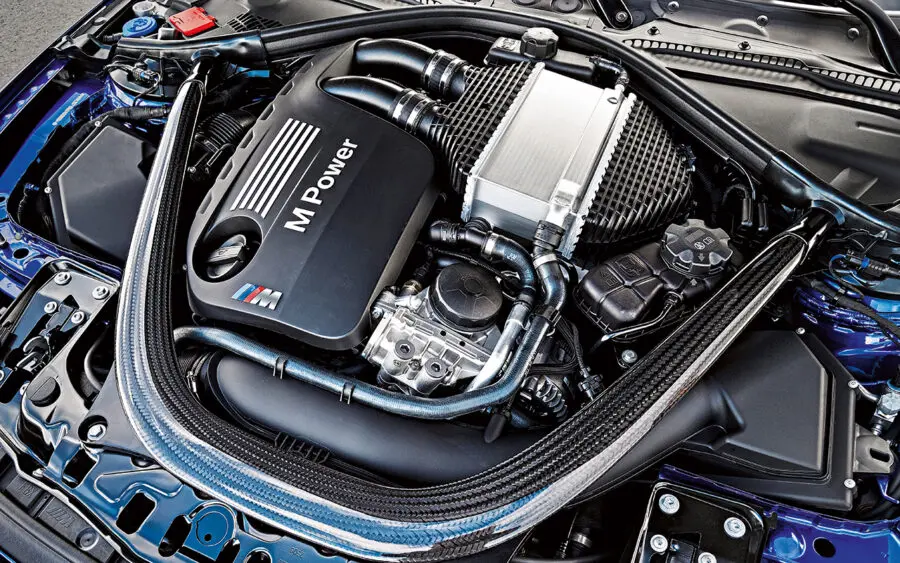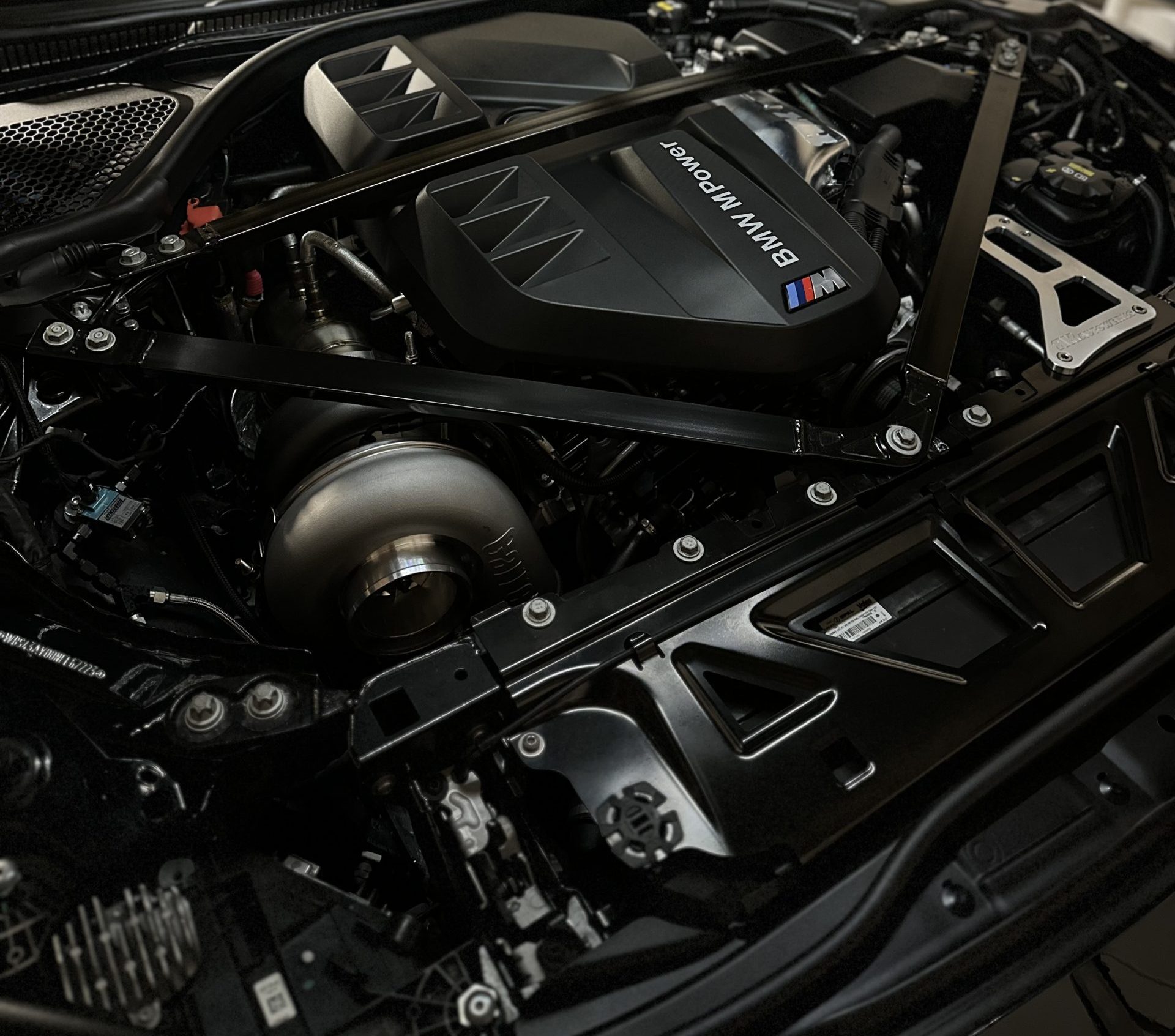A Beginner's Guide to Choosing the Right BMW Engine for Your Needs
A Beginner's Guide to Choosing the Right BMW Engine for Your Needs
Blog Article
Revealing the Intricacies of Next-Generation Power Units: a Deep Study Advanced Engine Advancements and styles
As we stand on the precipice of a brand-new age in transportation, the details of next-generation engine styles beckon us to explore the sophisticated innovations and innovations that guarantee to redefine the driving experience. Delving much deeper into the worlds of emission control, smart engine management systems, and the perspective of power device advancement, we discover ourselves on the cusp of a transformation that guarantees to improve the landscape of wheelchair as we know it.
Development of Engine Products

The change in the direction of advanced engine materials has additionally enabled engineers to create engines with greater power results while maintaining fuel performance criteria. As an example, the use of lightweight materials decreases the overall weight of the engine, causing enhanced gas economic climate and reduced emissions. Furthermore, developments in products modern technology have actually permitted for better thermal management within engines, resulting in increased integrity and long life.
Turbocharging and Supercharging Technologies
Exactly How do Turbocharging and Supercharging Technologies revolutionize engine efficiency and effectiveness in modern lorries? Turbo charging and turbocharging are innovations that considerably enhance engine efficiency by raising the quantity of air intake right into the combustion chamber. Turbocharging achieves this by making use of a turbine driven by exhaust gases to pressurize the consumption air, while supercharging makes use of a belt- or chain-driven compressor to accomplish the same result.
These technologies enable smaller sized, much more fuel-efficient engines to generate power comparable to bigger ones, understood as downsizing. By requiring more air right into the cylinders, turbocharging and turbo charging enhance combustion efficiency, leading to increased horsepower and torque result without a considerable boost in engine size. This brings about better velocity, towing capability, and general driving efficiency.
In addition, turbocharging and supercharging add to boosted fuel effectiveness by allowing the usage of smaller engines that take in less gas under normal driving problems - bmw engine. This mix of enhanced performance and performance has actually made turbocharging and turbo charging important components of numerous modern-day engine layouts
Emission Control and Environmental Effect
With raising global problems concerning air high quality and ecological sustainability, the implementation of emission control innovations in automobiles plays a critical role in lowering harmful pollutants released into the environment. Modern lorries are equipped with sophisticated emission control systems that help minimize the environmental influence of vehicle operations. Catalytic converters, for example, are developed to convert hazardous gases such as carbon monoxide gas, nitrogen oxides, and hydrocarbons right into much less harmful substances like co2 and water vapor.
Furthermore, improvements in engine innovation, such as the combination of exhaust gas recirculation systems and careful catalytic reduction, have substantially added to lowering discharges. These innovations work in tandem to optimize combustion effectiveness and reduce the launch of damaging contaminants into the air. Additionally, the growth of hybrid and electrical vehicles stands for an essential step in the direction of lowering the total ecological footprint of the transport field.
Intelligent Engine Management Systems

Moreover, these systems allow cars to fulfill rigid emissions requirements without compromising performance, supplying a more environmentally friendly driving experience. The combination of artificial knowledge and device Discover More Here learning abilities in engine monitoring systems remains to push the boundaries of what is possible, bring about further enhancements in effectiveness, dependability, and total car performance. bmw engine. As automotive innovation breakthroughs, intelligent engine administration systems will certainly play a vital role fit the future of transport towards a more efficient and sustainable direction
Future Trends in Power System Development
As intelligent engine administration systems lead the way for improved control and optimization in modern-day vehicles, future trends in power system growth are positioned to redefine the landscape of auto propulsion technologies. One of the crucial patterns driving innovation in power system advancement is the change in the direction of electrification. With an increasing focus on sustainability and decreasing carbon discharges, hybrid and electric powertrains are ending up being extra prevalent in the automobile industry. These alternative power sources supply enhanced performance and performance while lining up with rigorous environmental policies.
One more significant trend is the assimilation of advanced materials and making methods. Lightweight products such as carbon fiber and light weight aluminum are being used to decrease overall vehicle weight, boosting fuel efficiency and performance. In addition, innovations in 3D printing and additive manufacturing are allowing the production of intricate engine components with higher accuracy and longevity.
Moreover, synthetic knowledge and artificial intelligence are playing an important role in maximizing power system efficiency. These innovations enable real-time surveillance and adaptive control, leading to a lot more efficient and reliable power shipment. In general, future fads in power unit growth are geared towards effectiveness, performance, and sustainability, driving the vehicle industry in the direction of a new age of propulsion technologies.

Final Thought
In final thought, the innovations in engine materials, turbocharging, discharge control, and smart management systems have led the means for next-generation power devices. The complex layouts and developments in modern engines showcase the continuous evolution of automobile modern technology.
Exploring the progressive improvements in engine products has been crucial in boosting the performance and effectiveness of contemporary engines. Over the years, the advancement of engine products has played a vital function in pushing the limits of what engines can accomplish.The shift towards advanced engine materials has also allowed designers from this source to make engines with higher power results while preserving fuel effectiveness requirements.The implementation of intelligent engine monitoring systems in modern-day lorries has actually revolutionized the way engines are controlled and optimized for efficiency and effectiveness. By gathering data in real-time and evaluating it with innovative algorithms, intelligent engine administration systems can adjust to driving designs, ecological variables, and engine wellness to take full advantage of power outcome while reducing fuel intake and discharges.
Report this page